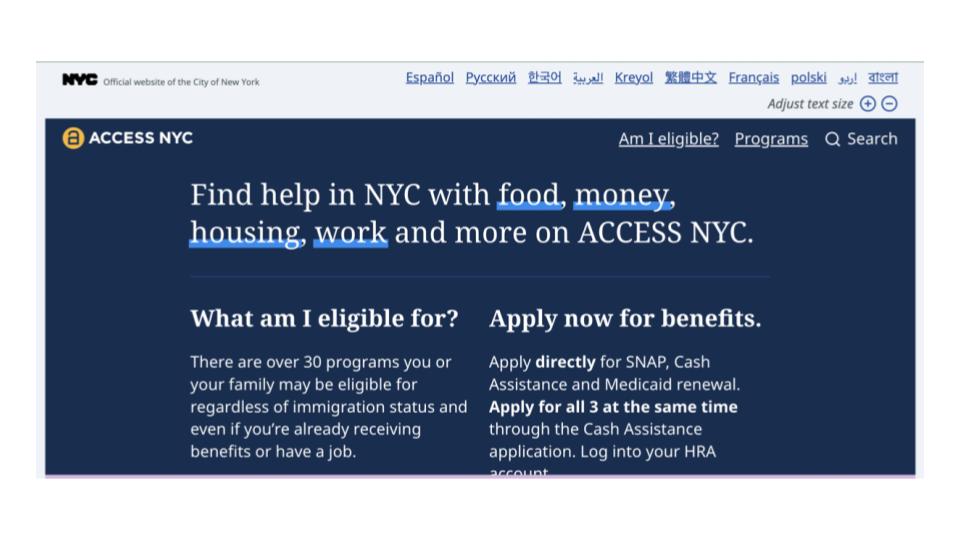Library
Discover the latest innovations, learn about promising practices, and find out what’s coming next with best-in-class resources from trusted sources.
Is there something missing from our library?

Search and filters
Search for the topic or resource you're looking for, or use the filters to narrow down results below.
Results
-

Communications and Engagement Creative Lead
This is a job description for the role of Communications + Engagement Creative Lead from the New Jersey Office of Innovation.
-

Civic Innovation Fellow
This is a job description for the role of Civic Innovation Fellow from the City and County of San Francisco Mayor's Office of Civic Innovation (MOCI).
-

Civic Designer
This is a job description for the role of Civic Designer from the City of Baltimore Mayor's Office of Innovation.
-

Associate Director, Programs and Evaluation
This is a job description for the role of Associate Director, Programs and Evaluation from the New York City Mayor's Office for Economic Opportunity (NYC Opportunity).
-

Administrative Coordinator
This is a job description for the role of Administrative Coordinator from the New York City Mayor's Office for Economic Opportunity (NYC Opportunity).
-

Project Snapshot: ACCESS NYC & Benefits Screening API
The NYC Mayor’s Office for Economic Opportunity (NYC Opportunity) developed the NYC Benefits Platform, including ACCESS NYC, to help residents easily discover and check eligibility for over 80 social programs.
-

Visual Designer
This is a job description for the role of Visual Designer from the 18F.
-

Visual Designer
This is a job description for the role of Visual Designer from the State of California.
-

UX Interaction Designer
This is a job description for the role of UX Interaction Designer from the State of California.
-

User Experience Researcher
This is a job description for the role of User Experience Researcher from the State of California.
-

Usability Tester
This is a job description for the role of Usability Tester from the State of California.
-

Temp Software Developer (Covid Alert Mobile App)
This is a job description for the role of Temp Software Developer (Covid Alert Mobile App) from the Canadian Digital Service (CDS).